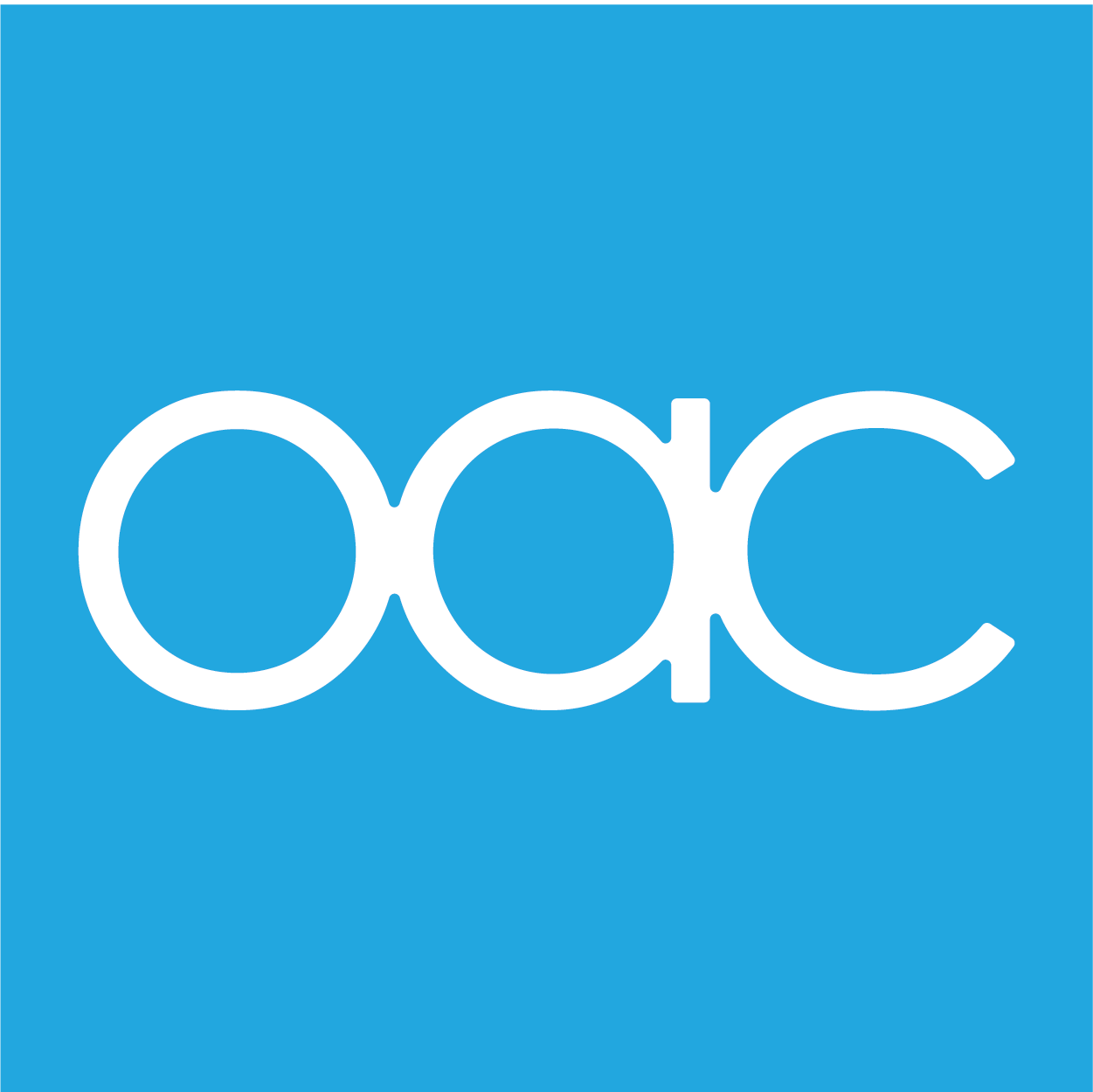By Robert Bestwick Lépez
It’s well known now that emotions mostly drive the decision-making process, and the rational aspect is secondary, if not tertiary. Decisions are made in a part of our brain that lacks language, so the constructions based on perception are more crucial to moving people to take certain actions.
It is very apparent in the realm of marketing. You are not drinking a high sugar beverage every time you have a coke; you are “opening happiness” Can you see the difference? Family smiling around the table, kids playing in the park, a romantic scenario with a couple enjoying the snow. Those are the emotions displayed on TV ads.
Companies are aware of this, so they implement “listening tools” that provide metrics and insight regarding what customers feel and think about their brands.
I’ve been wondering about the emotions and representations we transmit as a faith community. To be honest, my analysis wasn’t very optimistic… you know, nobody is harder with you than yourself. But I had a big positive experience last Friday when I attended the Oakridge Community Firepit meetup.
A diverse group of people hanging out with the only objective of building community and forging connections that got frozen during the pandemic. As I was introducing myself as an OAC staff member, I could see some affirming gestures. They didn’t just know about OAC; they also had a positive impression of our church. “You have done a great job integrating the community with your building,” “The Fitpark is fantastic, we’re so grateful for the space,” “Your church is the only one who has responded positively to neighbourhood requests,” “I heard that you are working with the indigenous community in Heather’s building” etc.
What a way to reaffirm what we have done, what a way to get rid of my own misconceptions, and what a way to understand how the Holy Spirit works.
None of these conversations ended up in someone asking for Bible studies or requesting a pastor’s visit. It was just me, the one who got the most value out of it because it seemed like I was the only one unsure about what type of emotion we evoke in our community.
Listening Tools seem to be the key to avoiding that uncertainty. Fortunately, those tools are free and come in different flavors: neighbour integration, daily conversations and a deeper community approach.

